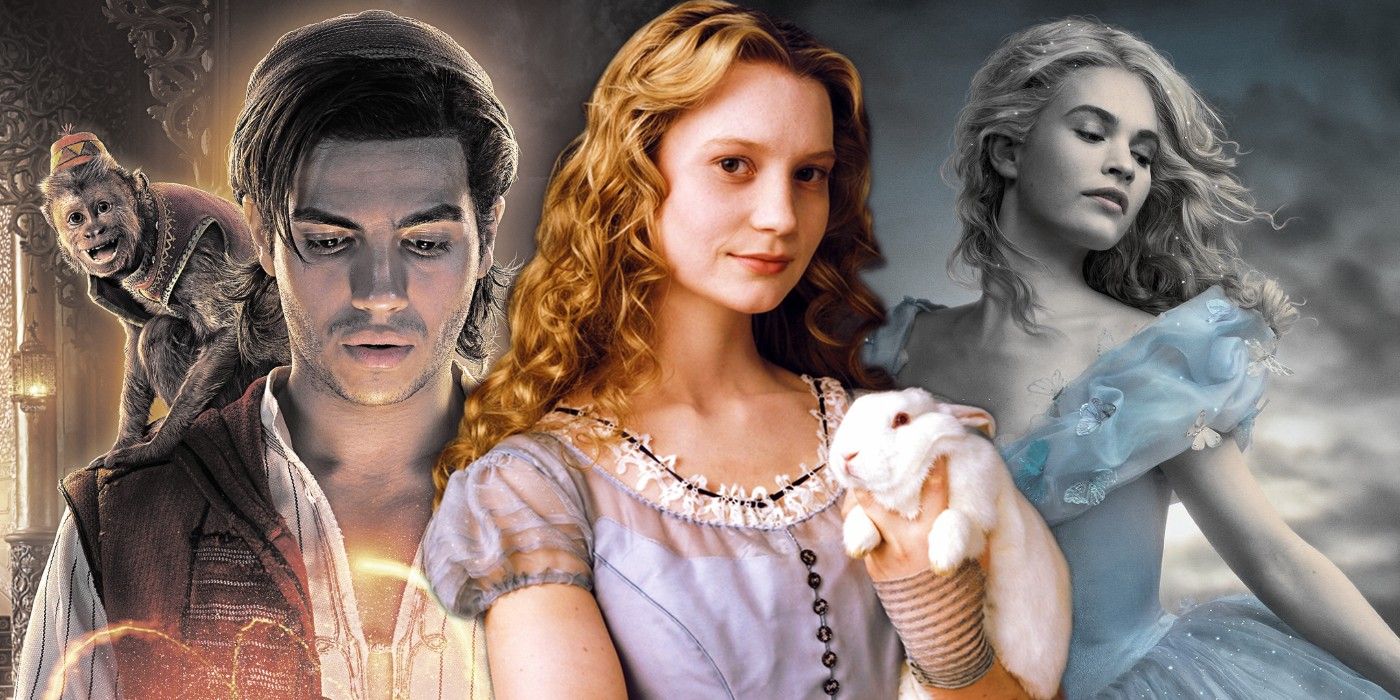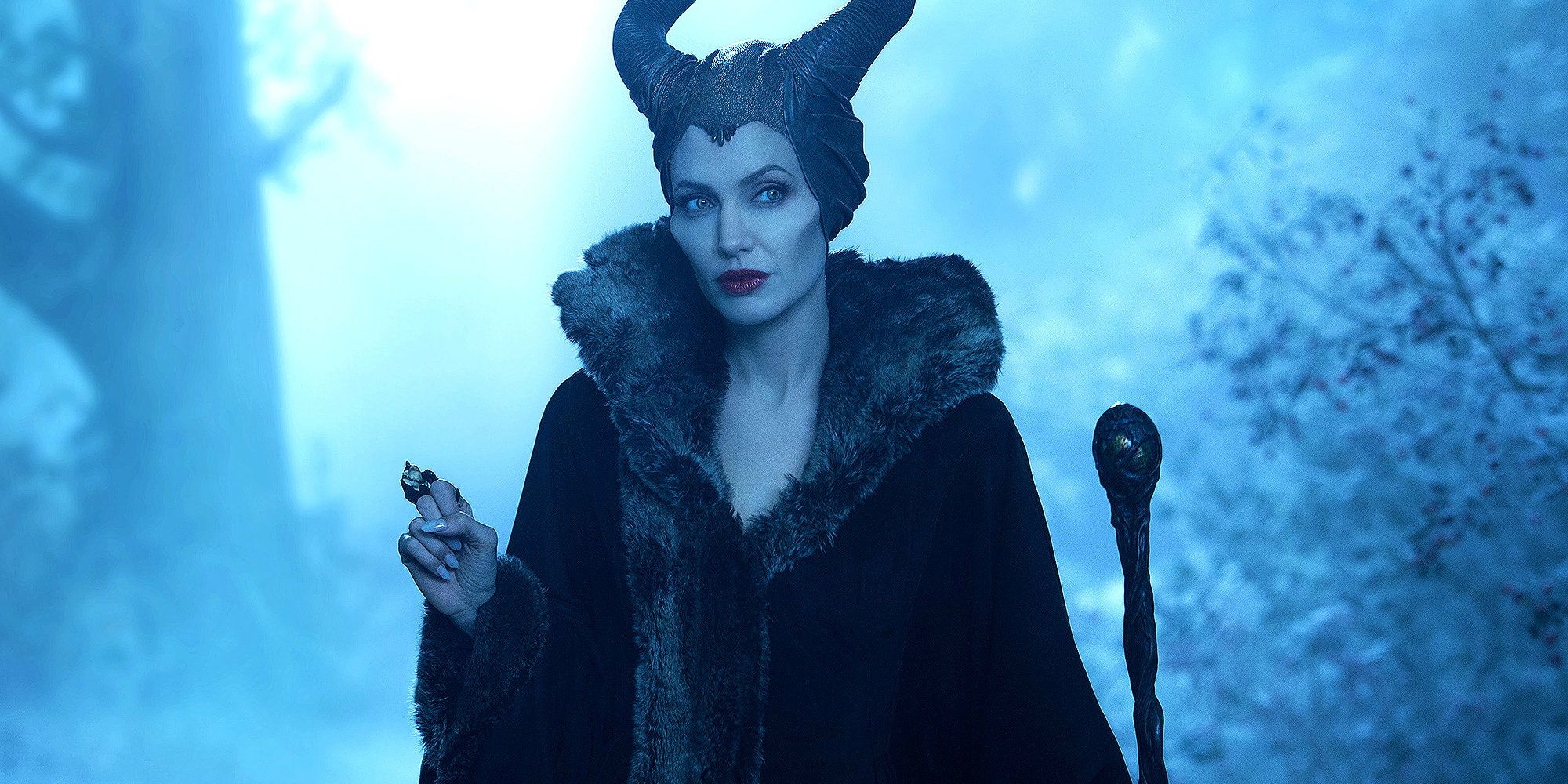
Disney's live-action remakes of their animated movies have proven to be extremely profitable, but the studio only doubled-down on them after going through a rough patch at the box office. Nostalgia has always been a big part of the Mouse House's brand; many of their classic animated features are based on fairy tales in the public domain, and the studio has never been hesitant to raid their own vault for inspiration. In the 1990s alone, Disney released a string of remakes of their own live-action films (Homeward Bound: The Incredible Journey, The Parent Trap, That Darn Cat, and Flubber), in addition to a live-action re-imagining of their animated movie 101 Dalmatians.
Driven by a delightfully scenery-chewing performance from Glenn Close as Cruella de Vil and infused with a heavy dose of Home Alone-style slapstick courtesy of screenwriter John Hughes, 101 Dalmatians was a big hit at the box office, taking in more than four times its $75 million budget. It also earned middling reviews and was largely dismissed by critics as an unnecessary and charmless rehash of Disney's beloved animated film, setting something of a precedent for the studio's other live-action remakes to come in the 2010s.
Despite the movie's success, Disney would go another fourteen years before remaking another one of their animated features in live-action with Tim Burton's Alice in Wonderland in 2010. One of the first films released in 3D after Avatar reinvigorated interest in the format a few months earlier, Burton's re-imagining was a smash success, taking in over $1 billion at the box office and paving the way for similar live-action/CGI takes on older animated Disney classics. Yet, it wasn't until Alan Horn became Chairman of Walt Disney Studios in 2012 that the studio really leaned into this strategy.

Horn had served as President and CCO of Warner Bros. from 1999-2011 when he was pushed into retiring by Time Warner Chairman/CEO Jeffrey Bewkes, only for Disney's then-CEO Bob Iger to bring him aboard as a replacement for their previous Chairman, Rich Ross, a year later. At the time, Ross was reeling from the back to back release of two very expensive box office bombs (sci-fi films Mars Needs Moms and John Carter in 2011 and 2012), and his attempts to blame John Carter's failure on Pixar led to increased friction between him and the studio, which only served to speed-up his departure as Chairman. Upon replacing him, Horn quickly set to work on course-correcting things, beginning by toning down the darker elements of Gore Verbinski's The Lone Ranger and giving the go-ahead to Maleficent, a live-action version of Disney's animated Sleeping Beauty movie told from the perspective of its antagonist.
After The Lone Ranger bombed (with losses estimated to be upwards of $190 million) and Maleficent became a success (taking in more than three-quarters of a billion dollars), it's no wonder Horn and Disney have since doubled-down on live-action remakes of the studio's animated filmography over trying to launch new live-action properties. There's all the less financial incentive for Disney to change things up either, especially when their live-action remakes (Beauty and the Beast, Aladdin, The Lion King) keep bringing in billions of dollars while their original big-budget projects or new adaptations (Tomorrowland, A Wrinkle in Time, Artemis Fowl) continue to flop. It's unclear how much longer the Mouse House can ride the remake train before audiences turn on them, but so long as the profits keep rolling in, you can expect them to remain onboard.
from ScreenRant - Feed https://ift.tt/2WvZfmk


0 Comments